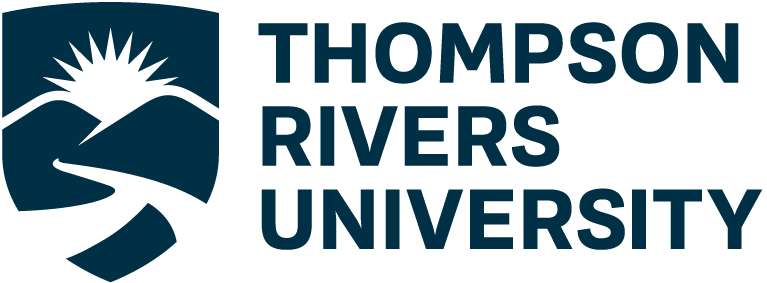Research Guides for Data
Research data is a valuable asset for scholars in all academic disciplines. However, managing data can be a complex task that requires specialized skills and knowledge.
To help researchers simplify the process of managing the data, a guide to data has been created that comprises seven modules. Each module in the guide provides a step-by-step approach to managing the data, from planning and organizing data to storing, sharing, and publishing it. The modules are designed to be flexible, allowing researchers to select the ones that are most relevant to their specific research needs. The guide is presented in a hover flowchart format, making it easy to navigate and access the information needed. By following this guide, researchers can ensure that their data is effectively managed and preserved, allowing them to focus on their research questions and findings.
Assessments
Let’s try some questions and test the knowledge gained from the above Modules!! Don’t worry if you just checked out one of the modules as the following are separate assessments for each Module. So, go ahead and try out one of your favorites!
Hurray! We have together learned so many things for our next Research project. Share this knowledge with your peers to help them too.
References
The module is created with the help of the resources found at https://libguides.macalester.edu/.

